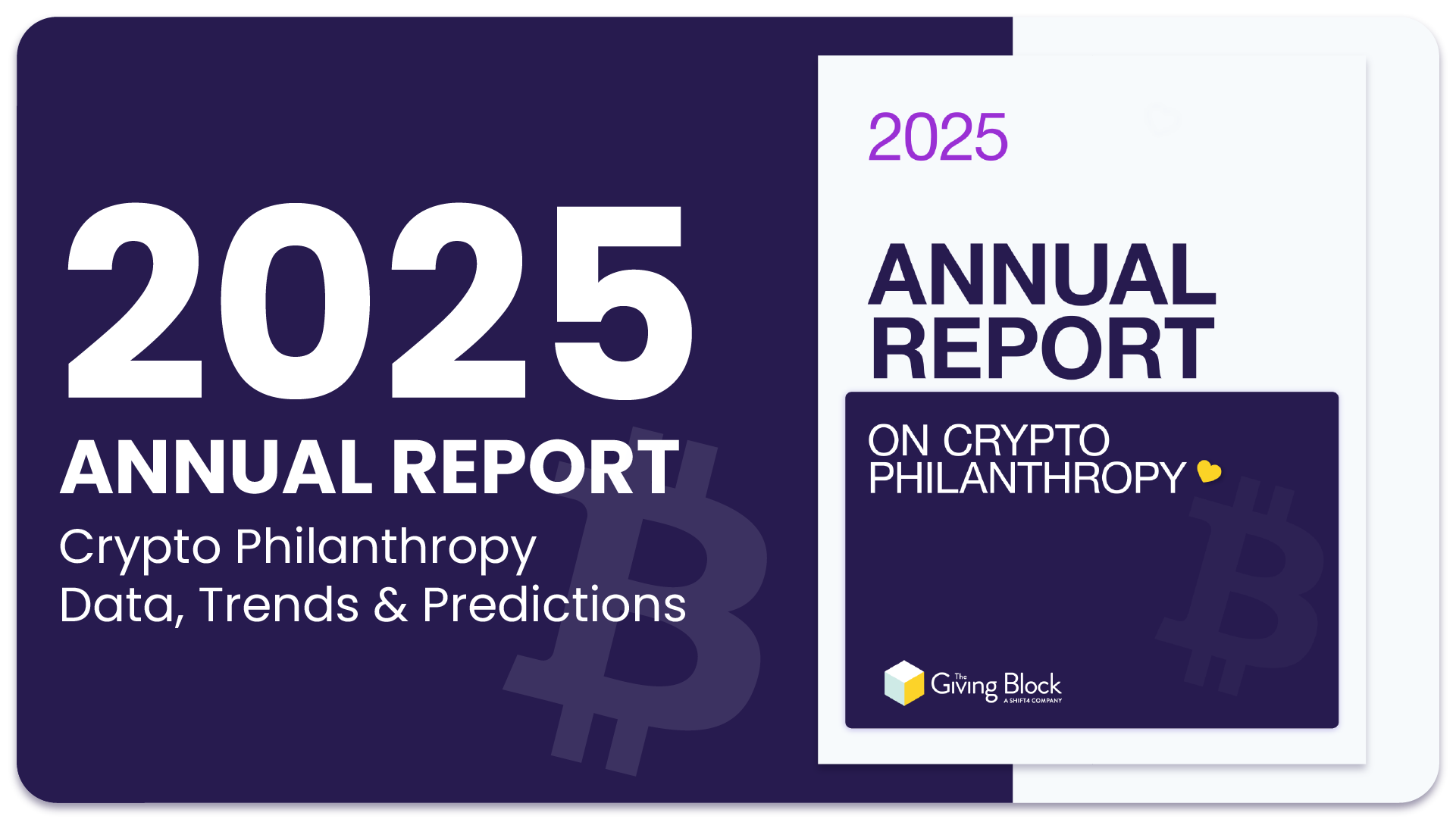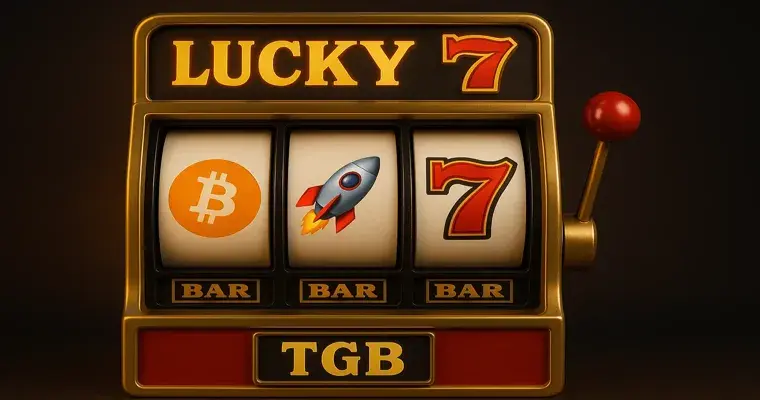Over its 11-year history, donations on GivingTuesday have grown by 65% annually. Heading into GivingTuesday 2023, charitable giving is likely to exceed 3.5 Billion—all in a single day!
GivingTuesday is the big kickoff event for the year-end giving season. It’s the perfect moment to launch your campaign message and make a positive impression on your base and any potential new supporters.
To make your campaign count in 2023, set the right tone for your strategy with the GivingTuesday ideas we’ve gathered below.
GivingTuesday Dos and Don’ts for 2023
After scrolling through countless Google results, it may be tempting to try every single digital fundraising idea under the sun. But on GivingTuesday, sometimes a little can go a long way.
So before we dive into our more detailed suggestions below, here are a few helpful rules of thumb to help you focus and eliminate unneeded stress around GivingTuesday:
Do… Be ready with a plan for GivingTuesday—and plan as early as you can.
Don’t… Assume you’ll receive most of your year-end gifts on this single day.
Do… Isolate a few strong campaign ideas and build your ideas around them.
Don’t… Try to execute on every single online fundraising you find on the internet.
Do… Engage donors via digital channels like social media and email.
Don’t… Assume your direct mail donors are unaware of GivingTuesday.
Do… Make an effort to achieve more than you did in the previous year, no matter how great the results were.
Don’t… Expect better outcomes with the same plan you used last year.

If you’ve read this far, you must have Tuesday, November 28, 2023 circled on your calendar. So let’s approach GivingTuesday with the right mindset!
Check out the ideas below to help make your GivingTuesday plans more effective than ever.
5 GivingTuesday Ideas to Inspire More Generosity
With society becoming increasingly “online,” one of the greatest fundraising challenges is simply cutting through all the digital noise.
This year, a record 347.3 billion emails and 500 million tweets are being sent per day. The average person receives 40-120 emails and sees an astounding 4,000-10,000 ads daily.
People are spending more time on their devices. As a result, companies are investing more resources into digital communication channels.
The question becomes, how can you maximize the reach of your message on the most hyped-up online fundraising day of the year?
Instead of scrambling to do everything you possibly can, try taking a bird’s eye view of GivingTuesday. In practice, that means paring back to the essentials. Set smart and specific goals, choose innovative methods of reaching donors, and make the best use of the resources you have available.
1. Zoom in on specific goals for supporter segments
Setting a big donation volume target can be an effective motivational tool, or the result of in-depth planning sessions. But it’s not always the best starting place for your GivingTuesday strategy.
Instead, your team can start with the details, and work toward the “big number.”
Analyze what worked last year
It’s spreadsheet time! Take stock of data from last year’s GivingTuesday campaign and recent donor communications to set new benchmarks.
Gather data points you have available, such as email open rates, social media likes, web traffic to your donation page. Doing so will allow you to apply these learnings when you’re ready to create a communications plan.
Then, review your audience segments. Are these segments still the people you plan to message this year? How did each one engage with your messaging and CTAs? Do you need to update or modify these contact lists?
Set unique goals for each core audience
Do you have an accurate picture of who’s in your donor database and their engagement levels? Nicely done! Now, your team needs to decide how to communicate with them before, during and after GivingTuesday.

Who do you hope to get donations from? Who do you simply want to open your email? Your review of previous campaigns allows you to identify the right ask for each audience segment.
Here are a few sample objectives for nonprofit audience segments on GivingTuesday:
- Inspire lapsed donors to give again
- Acquire new donors for your cause
- Convert one-time donors to recurring donors
- Ask volunteers to repost your social content
As you review donor segments and data points, source ideas from your whole fundraising team, to ensure you’ve left no stone unturned.
2. Select tools and strategies to boost engagement
With clear goals for each audience segment, it’s time to find the right tools and tactics to help you achieve those objectives.
Given the wide variety of free and paid tools out there, nonprofits can and should explore various ways to boost their donation volume. But it’s not just about software; leveraging key relationships can also move the needle on GivingTuesday.
Consider the following approaches, from the tried-and-true methods to more innovative solutions:
Invest in digital technology and tools
The talk these days is all about boosting efficiency with technology. By efficiency, we mean more than just administrative tasks. Today’s nonprofit tech tools can create new giving opportunities.

Here are a few examples of tech that any nonprofit can leverage for success on GivingTuesday and beyond:
- Peer-to-peer fundraising platforms encourage your supporters to champion your cause among their peers
- Artificial intelligence tools that help you automate the donor experience and write content
- Top cybersecurity features to protect your donor data and establish trust
- More ways to give like accepting cryptocurrency donations and supporting a digital stock giving experience
- Launch a fundraiser or charity auctions that offers NFTs as the giveaway
Tip: Unlock major gifts and reach younger donors with The Giving Block’s non-cash asset fundraising solution. See how you can accept crypto, stock and DAF donations all in one place! Learn more.
Leverage partnerships to unlock generosity
Effective partnerships can spark interest in your mission and inspire donors to give.
First, let’s state the obvious. Securing matching funds for donations can double your donation volume for any campaign. One study revealed that 84% of donors are more likely to donate if a match is offered.
You can apply a donation match to gifts of a certain size or make the match unrestricted. It all depends on those segmented goals you defined earlier.
How do you find a donation match? Today, corporate gift matching programs are popular, especially among larger companies. Or, you can speak to a major donor about ways to make their generosity go further.
Example: In 2021, WaterAid announced a donation match to help it secure cryptocurrency donations on GivingTuedsay.

Speaking of corporate social responsibility, donating isn’t the only way companies can support your case. Planning a corporate volunteering activity can bring visibility to your nonprofit. Not sure how to get a company on board? Inquire whether they offer volunteer time off (VTO) hours, which let employees volunteer during work hours.
By scheduling a company’s volunteering day on GivingTuesday, participants might be more inclined to share their experiences online. In turn, this can be a signal boost for securing support from their networks.
3. Stick to a few core messages
Planning your nonprofit’s GivingTuesday communication plan can be trickier than it sounds. Your team needs to consider how you address donors over several channels leading up to GivingTuesday, during it, and afterward.
The following considerations can help you craft a succinct core message to underscore your content, from blog posts to tweets.
Build your case for support
The foundation of your communications plan is your case for support. For your GivingTuesday campaign, a case for support can inspire greater levels of giving from current donors. It can also lead to new donor acquisition when applied to your website and social media content.
Your case for support isn’t just a theoretical idea.It should be a visually compelling document that you can share with donor prospects.
- Decide on your core audience and purpose
- Assemble a team to craft the case for support
- Shape a compelling, succinct narrative
- Gather impact data, quotes and stories
- Design your case for support document
You may not need to reinvent the wheel for GivingTuesday if you already have an existing case for support. However, you may want to make a variation for GivingTuesday (e.g., with a specific tagline or a call-out for a one-time donation match opportunity).
Once you have this document in place, you can use this case for support as the basis of your entire campaign communications plan.
Define your impact with hard data
Your campaign’s pitch can make a memorable impression, but your data might be what secures donations. Studies have shown that impact data can dramatically increase giving to your organization.
In recent years, donors have become more curious about how their contributions will be used by your organization.
To meet donors where they are, plan to share some impact data numbers in order to help them understand:
- The specific impact you hope to achieve
- How their gift will be used by your organization
- The impact of charitable donations of different sizes
- The number of beneficiaries of your operations
- That your nonprofit is results-oriented
Leveraging the power of compelling data will help your organization stand out from the generic giving appeals your donors will come across.
Example: In the graphic below, CARE displays the value of donations in the value of US dollars and in different cryptocurrencies:

Address the occasion: why GivingTuesday?
Challenge your team to come up with a specific reason for your donors to give on GivingTuesday.
For starters, think back to the origins of GivingTuesday and when it occurs. GivingTuesday follows several popular national and/or consumer holidays: Thanksgiving, Black Friday and Cyber Monday. Wedged in between these occasions for both gratitude and shopping, GivingTuesday is a meaningful opportunity to give back.
GivingTuesday is “a global generosity movement, unleashing the power of radical generosity to transform communities and the world.”
You don’t need to pull rabbits out of a hat, but it helps to make the occasion special. Examples include a donation match, peer-to-peer campaigns running, or a specific fundraising goal for the day.
4. Plan your communications strategically
Summertime is traditionally quiet on the donation front. That makes it the perfect season to plan your GivingTuesday and year-end giving campaign.
Advance project management helps you hit milestones, secure approvals from executive leadership, and build a library of quotes and impact stories to use across communication channels.
Enlist the help of a graphic designer (or get familiar with a free tool such as Canva) to define the aesthetic details of your campaign: fonts, imagery and other visual elements.

With your goals, segments, case for appeal, stories and branding all in place, it’s the time to actually draft your campaign content from start to finish.
Think through your specific goals (go back to Step 1) and determine which stories and data points will appeal to each donor segment. At this point, you will need to set aside plenty of time to write, review, and edit.
From there, you can begin to write and schedule your campaign content. Be sure to account for the major channels of online fundraising, such as your:
- Website and donation page(s)
- Email content
- Social media posts
- Videos
- Paid ads
- Text-to-give SMS messages
- Peer-to-peer fundraising toolkits
When you have your content in good shape, don’t forget to test everything. Don’t leave anything up to chance. Make sure your hard work pays off. Send test emails and make test transactions on your giving form.
You’ll probably schedule some or most of your communications, but have team members on standby to troubleshoot issues that may arise. Common issues include social media formatting that’s wonky, automated emails that won’t send, and donation forms that malfunction.
5. Think about the “big picture”
There is no one-size-fits-all approach to GivingTuesday. Some nonprofits use the occasion to “soft launch” of their year-end campaigns, while others seek to maximize donations.
No matter your philosophy, it helps to keep perspective. GivingTuesday brings in billions of dollars for nonprofits, but that’s a fraction of what’s donated in December, particularly in the final week of the calendar year.
It may be tempting to compare your nonprofit’s success on GivingTuesday to others, but keep your eye on the specific goals you set for your organization.

Only your team can decide how GivingTuesday fits into the overall scheme of your year-end fundraising efforts. What do you need to achieve on GivingTuesday? Do you plan to…
- Activate digital donors
- Encourage volunteerism
- Tell your nonprofit’s story
- Support peer-to-peer campaigns
Whatever it is, remember that GivingTuesday is not your only touchpoint with donors. It’s good practice to send communications to donors before, during and after your campaign. (And it goes without saying that you should thank your donors who give!)
Each donor will give when the time is right for them. Regular contact, ramped up during the end of the year, will help keep you top-of-mind when it comes time for them to make their annual gifts.
Unlock More Donations This GivingTuesday
Getting an early start on GivingTuesday plans?
As you segment your donor lists, don’t underestimate the potential of lapsed donors and young donors.
But how do you maximize giving from these groups?
One winning strategy is to offer more ways to give, like crypto and stock donations and Donor-Advised Fund (DAF) grants.
Why? Because donations of non-cash assets can be up to 50x higher than the average online donation.
Today, non-cash donation forms are easy to set up and integrate into your digital fundraising experience and workflow.



















